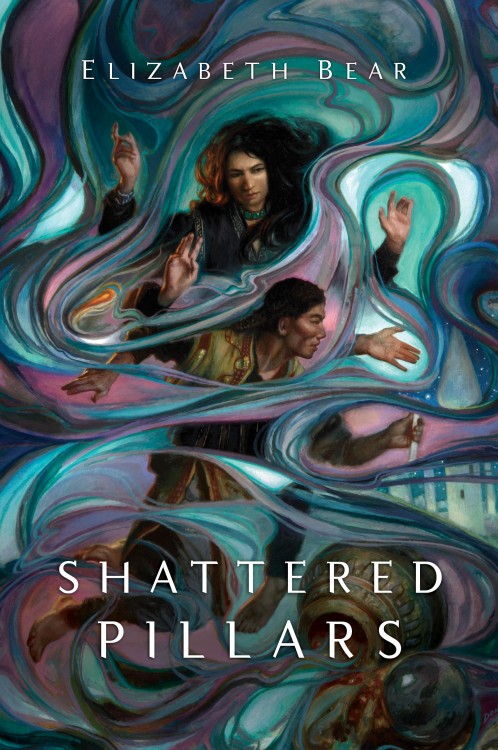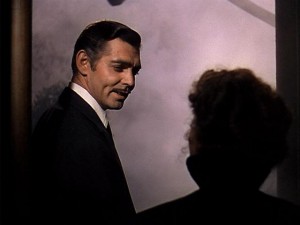 This week, Justin Landon, editor of Staffer’s Book Review, hosted a series of guest articles discussing and exploring the idea of “agency” in Science Fiction and Fantasy. The term means different things to different people, and many readers might not even recognize it when they see it, but it’s at the core of almost every successful novel. In particular, Landon was interested in applying the idea of agency against the role and development of female characters in Fantasy and Science Fiction, and how it differs from that of male characters.
This week, Justin Landon, editor of Staffer’s Book Review, hosted a series of guest articles discussing and exploring the idea of “agency” in Science Fiction and Fantasy. The term means different things to different people, and many readers might not even recognize it when they see it, but it’s at the core of almost every successful novel. In particular, Landon was interested in applying the idea of agency against the role and development of female characters in Fantasy and Science Fiction, and how it differs from that of male characters.
Landon explains the genesis of the project:
I’ve noticed more and more authors lamenting the treatment of women in fantasy novels. Despite widespread agreement that there should be a more concerted effort to depict strong women, I wasn’t necessarily coming away with the impression that agency is something a character has to have.
So, Landon prompted several of Fantasy and Science Fiction writers with a few questions to encourage the discussion of character agency, how it affects the driving force of novels, and its role in the overall debate centred around gender and SFF. The questions were:
What is agency?
Why is it important?
Why do we find more male characters with agency in fantasy novels than females?
Is it OK if a character doesn’t have it?
Can a character still be interesting if it lacks it?
Can a book be good if none of the characters have it?
Landon has published the responses from several authors, with promises of more to come. Here’s a collection of their thoughts, along with links to the full articles:
Elizabeth Bear, author of Range of Ghosts:
Agency, as we use the term in literary circles, is–quite frankly–the thing that makes characters interesting to the reader. As much as we talk about tactics of characterization that may or may not appeal to any particular reader (making the character accessible, making them funny, making them identifiable)… the one thing that I have found that does not fail to connect to the audience is giving a character agency.
[…]
A lot of people use the term “strong female character” to mean “kickass heroine.” I think this is silly. In my estimation, one of the strongest women in Range of Ghosts never picks up a weapon. She’s a fourteen-year-old-girl who escapes execution for being pregnant with the wrong man’s child by running across a desert at night in her bedroom slippers.
That’s pretty damned tough. She wants to live, and she wants her child to live, and she does what she has to do to make it happen.
[…]
As for why female characters have it less often than male ones? Well, there’s an implicit assumption in the question that I’m not sure I agree with. Do they really? Does Lessa have less agency than F’lar? Does Juliet have less agency than Romeo? Does Jessica have less agency than Paul? Does Elizabeth have less agency than Mr. Darcy?
Women may have traditionally had to express their agency in more limited ways–but that doesn’t mean it’s not there. Just that they were pushing a bigger boulder uphill to express what they want, and their options on what to do to get it were more limited.
Read More »
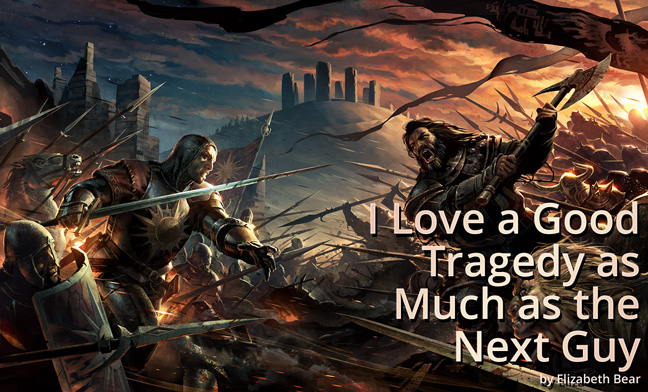
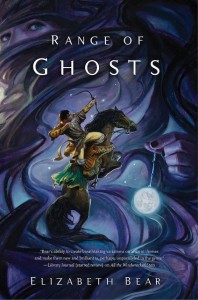
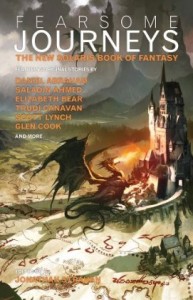 Jonathan Strahan, a popular anthologist, has announced his next project, Fearsome Journeys, a collection of stories from some of today’s best traditional Fantasy authors. The Table of Contents is impressive:
Jonathan Strahan, a popular anthologist, has announced his next project, Fearsome Journeys, a collection of stories from some of today’s best traditional Fantasy authors. The Table of Contents is impressive: